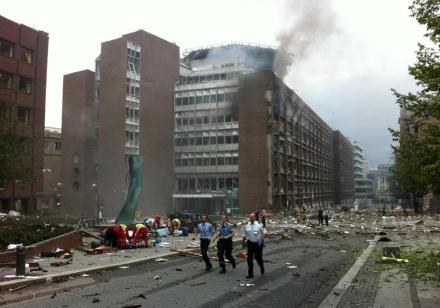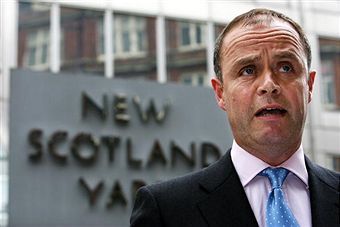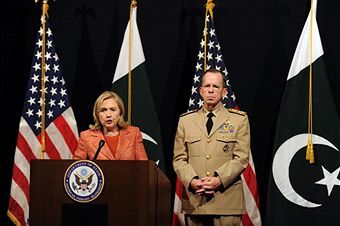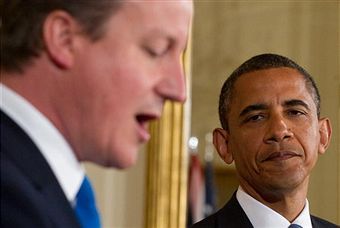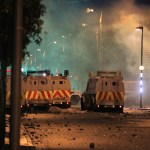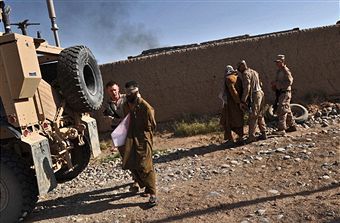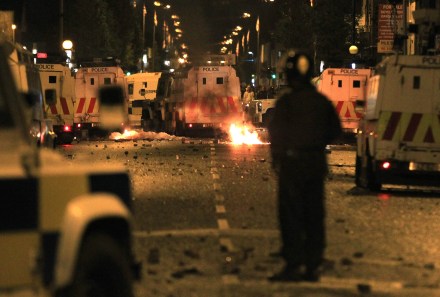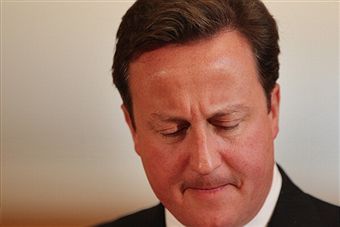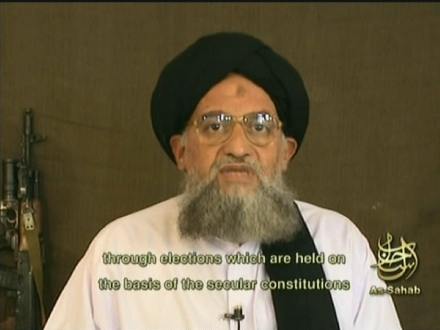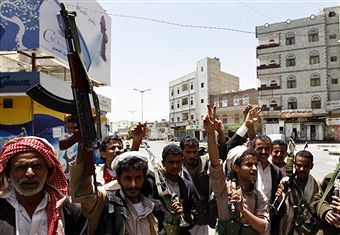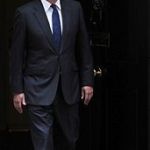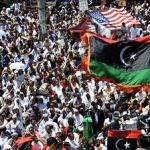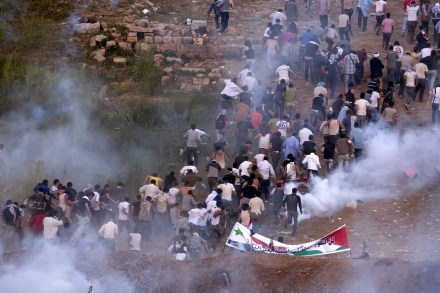Bomb blast near the Norwegian Prime Minister’s office
A reportedly enormous bomb blast has shaken the PM’s office and the oil ministry in Oslo, the Norwegian police confirm. Reports have confirmed that the Norwegian Prime Minister is safe, but it’s not clear if he’s un-injured. Early reports suggested that this might be a gas explosion, but those were discounted because there is no mains gas supply in Oslo. Norway’s state broadcaster has confirmed that one person has died, with more than 8 injured. Fortunately, it is the height of Norway’s holiday season and there were few people about. The Norwegian police, however, warn that there are other casualties being treated. Details remain vague. There also appears to have been at least one
